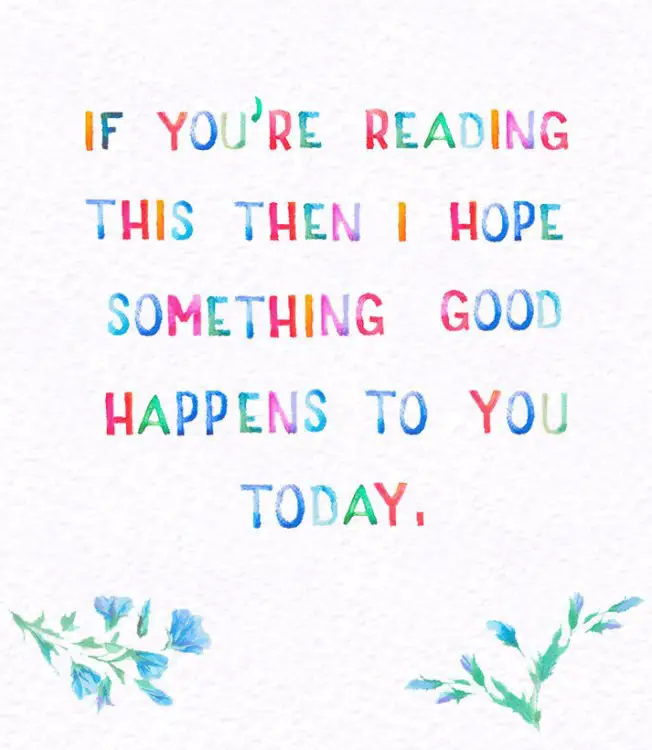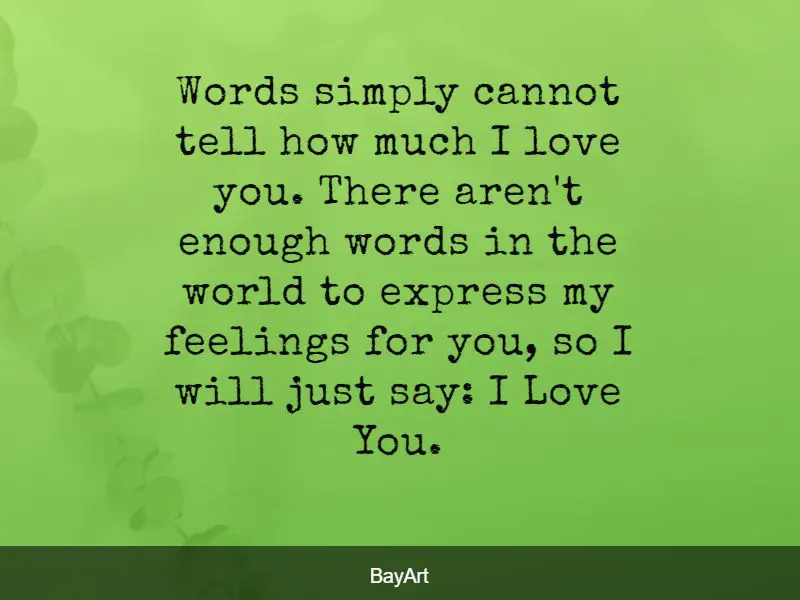120 Happy Wednesday Quotes to Get You Through
Wednesday, or the ‘the hump day’ as some people call it, signals the middle of the working week. And although it is considered the worst day of the week mainly because being productive is difficult and working on this day feels like ages but as they say, these Wednesday quotes have given you a bit … Read more










